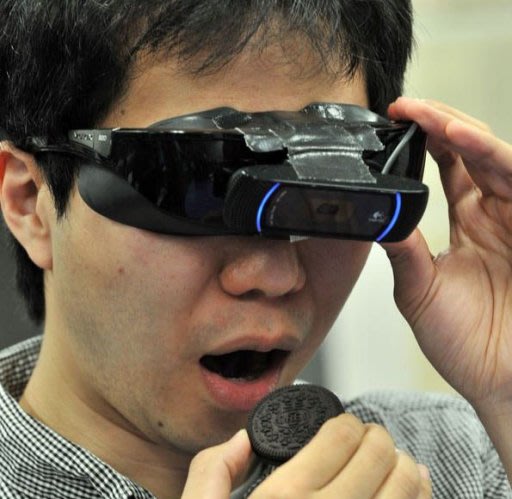In a new study of U.S. preteen and teen girls, daily exercise was strongly linked to weight and obesity in white girls but not black girls.
Although it’s still important to promote physical activity in all young people, according to the researchers that may not be enough to prevent black girls — who have a higher rate of obesity to begin with — from gaining weight.
“I think everyone would agree we need people to be active. It’s not sufficient on its own to prevent weight gain, but it’s really an important part of the equation,” said Alison Field, who studies weight in adolescents and women at Harvard Medical School and Children’s Hospital Boston.
Still, the new findings “would suggest that… what we’ve been recommending may not be the perfect fit for African Americans,” Field, who wasn’t involved in the new research, told Reuters Health.
One possibility is that along with other lifestyle changes, black girls need to get a lot more exercise than white girls to start making a difference in their obesity risk, she added.
But it’s unclear why that would be the case, and just how much physical activity they would need.
Field said the results are “sobering” given that black girls typically are less active to begin with and getting teen girls involved and engaged in new types of exercise is particularly challenging.
The findings come from a second analysis of data originally collected by the National Institutes of Health, which followed girls in Cincinnati, Berkeley, California and Rockville, Maryland starting when they were nine or ten years old in 1985.
For the new analysis, James White of Cardiff University and Russell Jago of the University of Bristol, both in the UK, used data on physical activity, eating habits, weight and height from when the girls were 12 and 14 years old.
Physical activity was measured over three days with a device called an accelerometer, which is kept in a pouch above the hip and calculates how much time the wearer spends walking, running or otherwise being active.
At age 14, close to 16 percent of the black girls qualified as obese, compared to just five percent of white girls.
The researchers found the most active white 12-year-olds were 85 percent less likely to be obese at the second reading than the least active. That held up when they took into account girls’ diets and how much time they spent sitting.
But for black girls, there was no clear link between physical activity at age 12 and obesity at 14.
The study, published Monday in the Archives of Pediatrics & Adolescent Medicine, included 1,148 girls, split roughly evenly between black and white adolescents.
THE ROLE OF GENES
Another report published in the same journal found certain genes may affect a person’s chance of being obese as a teen and young adult — but that those influences may also start as early as a few years of age.
Black girls don’t benefit as much from exercise: study | Reuters

